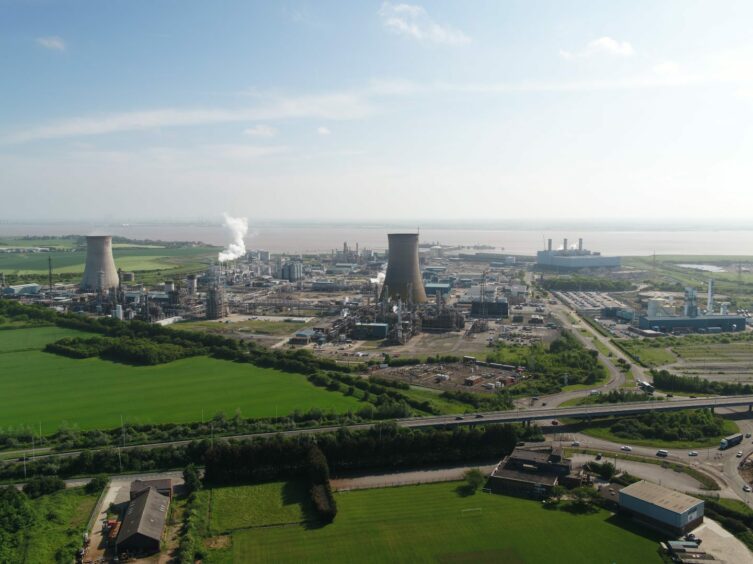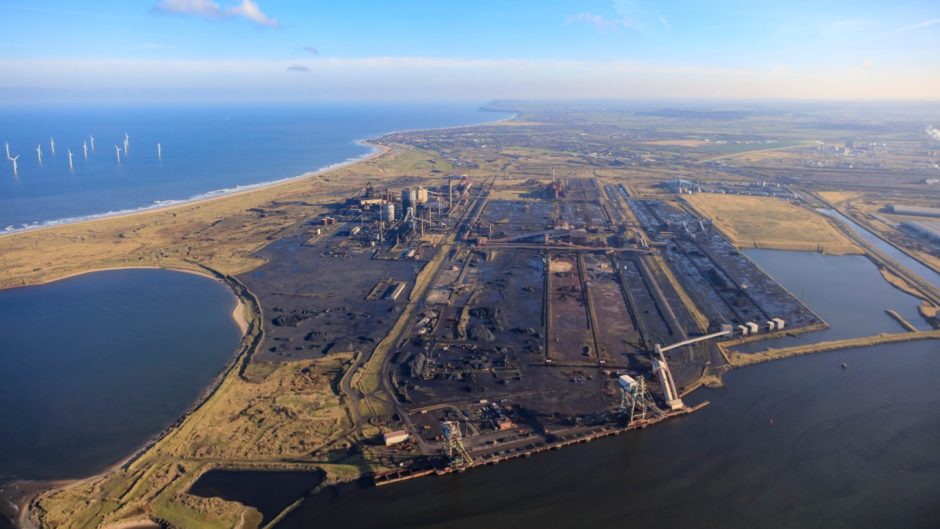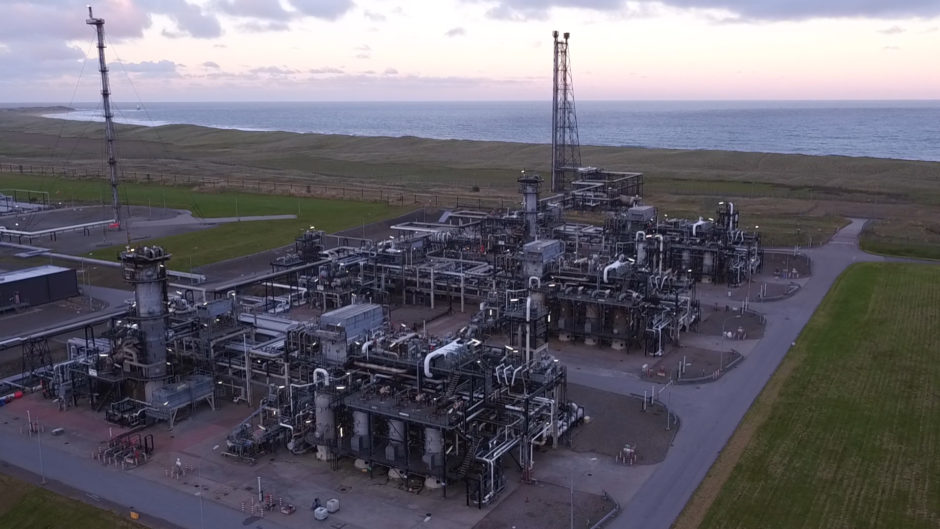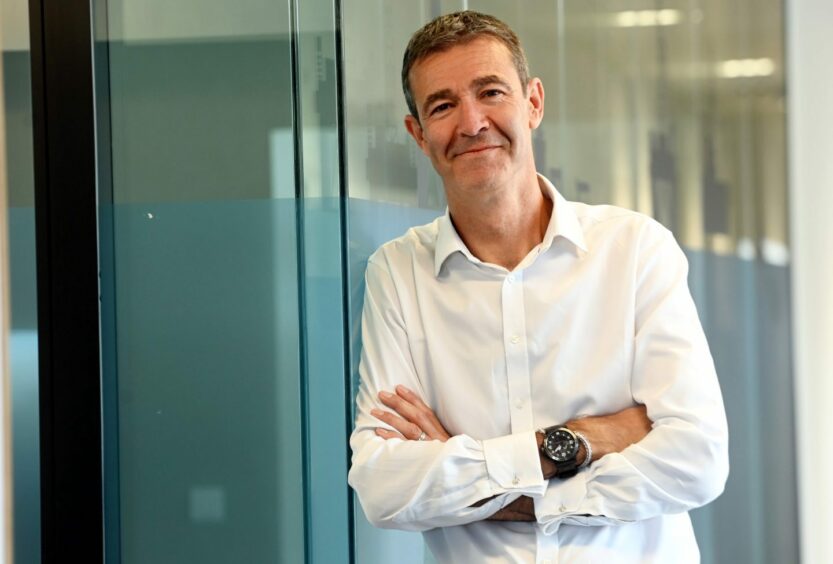
Westminster has unveiled the shortlisted bidders in ‘Phase 2’ of its carbon capture utilisation and storage (CCUS) cluster sequencing process.
It follows the selection of Hynet and East Coast Cluster, located in the north-west and north-east of England respectively, as Track 1 clusters in November last year.
The Phase 2 competition is for carbon capture projects that wish to connect to the emissions transport and storage infrastructure that will be developed through the clusters.
It has been billed by trade body the Carbon Capture and Storage Association (CCSA) as a “crucial step” in the delivery of the government’s net zero strategy.
20 projects selected
The industrial carbon capture (ICC), waste and CCUS-enabled hydrogen schemes selected are spread across the UK.
Those picked will now proceed to the due diligence stage of the process before benefitting from government funding.
A total of 41 schemes entered the race, a figure that has been whittle down to 20.
Ministers believe they have the potential to accelerate decarbonisation, deliver financial benefits in industrial areas and “kick start” the UK’s hydrogen economy.
Among those projects in the running for funding are BP’s (LON:BP) H2Teesside and Equinor’s (OSLO:EQNR) Hydrogen to Humber (H2H) Saltend.
Still hurdles to cross
Westminster stressed that the shortlist does not “imply availability of funding” for any or all of the shortlisted projects, but is purely the “outcome of assessment against the Phase 2 criteria”.
They will receive cash once it has been established they represent a value for money investment for the taxpayer.
The government support will be in the form of revenue contracts to cover the cost of operating with CCUS, as well as potential access to capital support from either the £1 billion CCS Infrastructure Fund (CIF) or the Net Zero Hydrogen Fund.
The next step for the shortlisted projects is expected to be bilateral negotiations with the Department for Business Energy and Industrial Strategy (BEIS) to finalise the contracts.
Ruth Herbert, chief executive at the CCSA, said: “I am delighted to see the government providing certainty to business today by confirming the Phase 2 shortlist. These world-leading projects can now move forward and prepare for the next stage of the process, which we hope will advance swiftly.
“This announcement also sends a very strong signal that CCUS and Net Zero remains a priority for the UK Government, particularly since it comes during a change in leadership. CCUS is critical in achieving Net Zero and positioning the UK as the world’s first at-scale hydrogen economy. It will transform our industrial regions – driving jobs and growth through inward investment and export opportunities.
“That 41 eligible projects applied to Phase 2 demonstrates the scale of interest in CCUS in the UK. We look forward to getting further clarity on the timetable for future phases and the selection of further clusters in the Autumn, as well as progress on the Energy Bill – all crucial if we are to meet the government’s ambition of four operational clusters by 2030, remain on track to achieve Net Zero by 2050 and secure our place as a global leader in CCUS technology.”
More Track 2 info shortly
The UK Government also confirmed that more information on Track 2, which will allow other clusters to secure backing, will be shared in “due course”.
It is widely assumed that the Scottish Cluster, which missed out in Track 1 to the surprise of many, will be one of those selected.
And companies involved in the scheme are waiting with baited breath for more information of Track 2 timelines to be publushed.
The Scottish Cluster contains Acorn, a CCUS project based at the St Fergus gas terminal being developed by several partners, including Storegga.
Need to ‘throw the kitchen sink’ at climate change
Responding to the release of the shortlist Nick Cooper, chief executive of Storegga, said: “The record temperatures this summer mean we are in a kitchen sink scenario: we need to throw everything at the climate emergency. Today’s announcement is another step forwards in establishing a carbon capture and storage industry in the UK, which can act quickly to remove huge volumes of harmful CO₂ as soon as 2026.
“We have been developing specialist CO₂ storage techniques in the UK for over fifteen years. This is an industry primed to provide a vital climate emergency service and create sustainable, high-skilled jobs as we transition away from fossil fuels. Carbon storage and removals, alongside efforts to improve energy efficiency and replace fossil fuels, are a vital tool in the first aid kit to heal our planet.
“Today, the government also reaffirmed its commitment to an update on the ‘track two’ process. As the lead developer of the Scottish Cluster, one of the UK’s most mature CO₂ stores, we look forward to hearing more on opening up the UK’s CO₂ storage. We know we have huge emitter customer demand. Let’s make the storage available as quickly as possible.”
The shortlist
Power CCUS
East Coast Cluster
Net Zero Teesside Power
Whitetail Clean Energy
Keadby 3 Carbon Capture Power Station
Hydrogen
East Coast Cluster
bpH2Teesside
H2NorthEast
Hydrogen to Humber (H2H) Saltend
HyNet
HyNet Hydrogen Production Project (HPP)
Industrial carbon capture (ICC)
East Coast Cluster
CF Fertilisers Billingham Ammonia CCS
Tees Valley Energy Recovery Facility Project (TVERF)
Norsea Carbon Capture
Redcar Energy Centre
Teesside Hydrogen CO2 Capture
Humber Zero – Phillips 66 Humber Refinery
Prax Lindsey Oil Refinery Carbon Capture Project
ZerCaL250
HyNet
Hanson Padeswood Cement Works carbon capture and storage project
Viridor Runcorn Industrial CCS
Protos Energy Recovery Facility
Buxton Lime Net Zero
Carbon Dioxide Capture Unit – EssarOil UK
Recommended for you


 © Supplied by BP
© Supplied by BP © Supplied by CCSA
© Supplied by CCSA
 © Supplied by DC Thomson/ Chris Su
© Supplied by DC Thomson/ Chris Su